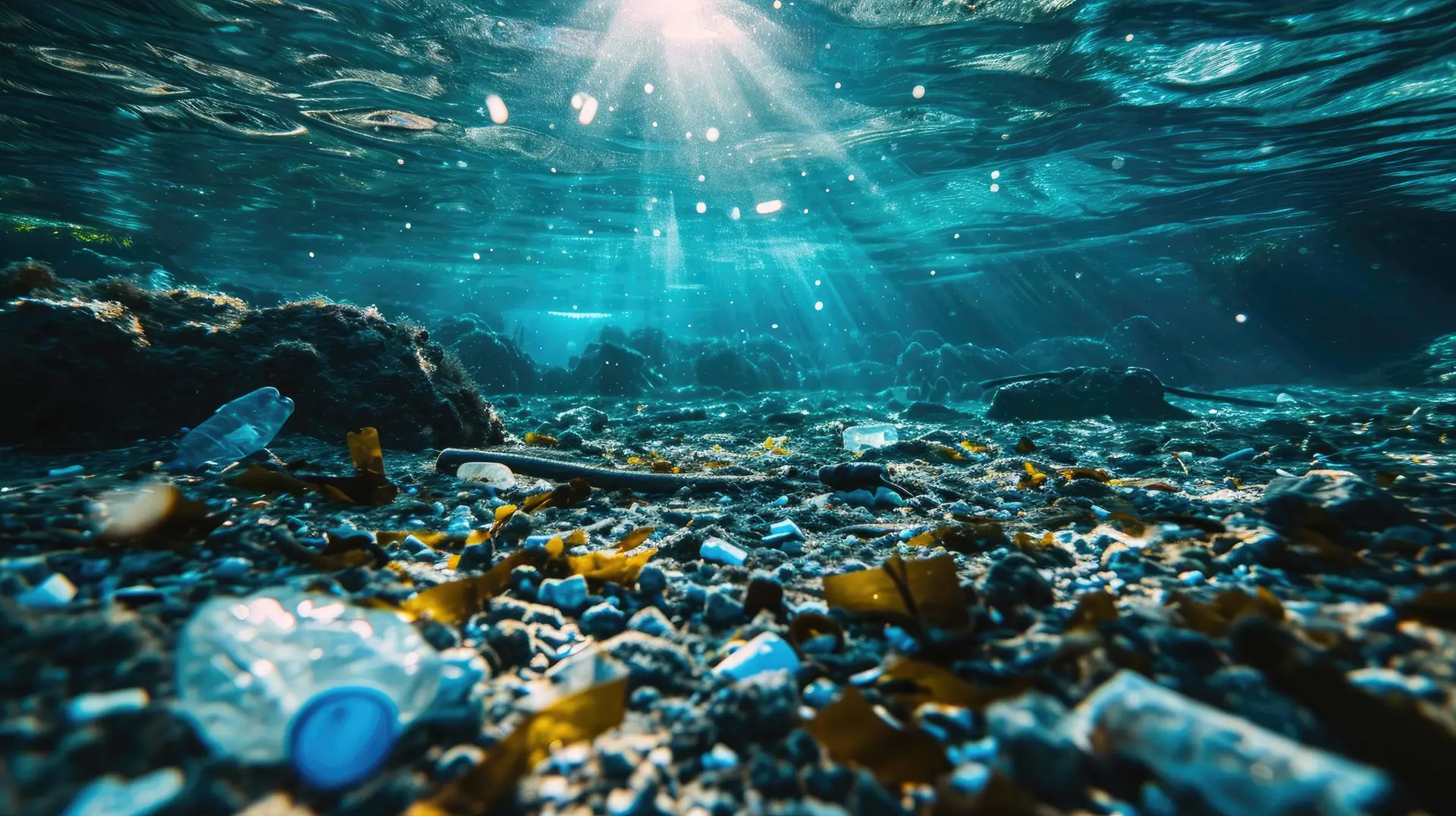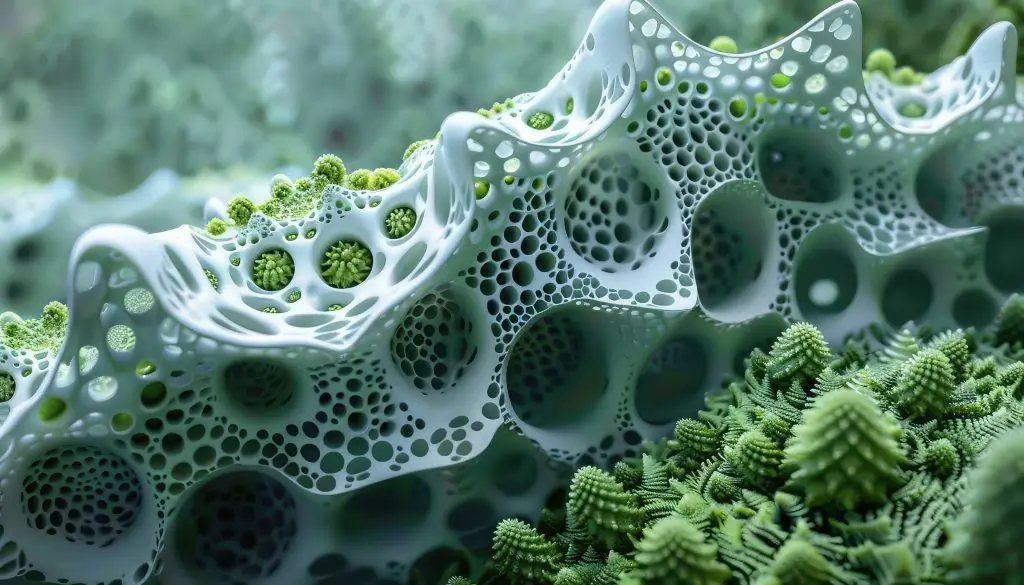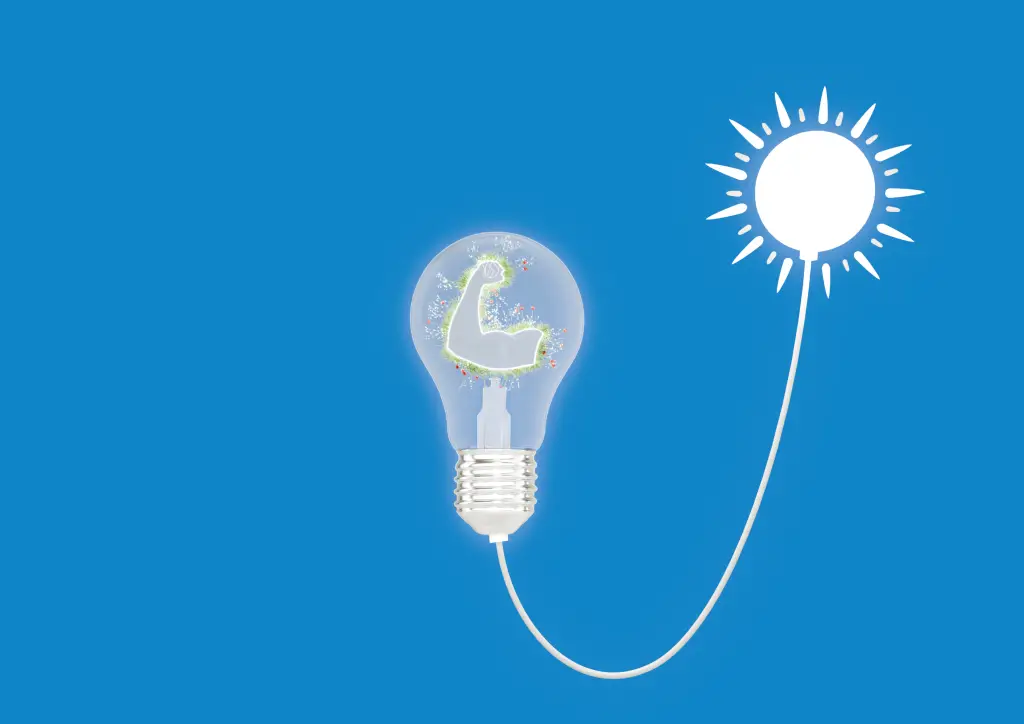Unveiling the Truth Behind Plastic Pollution and Microplastics: A Call for Sustainable Solutions.
Plastic pollution has reached unprecedented levels, posing a significant threat to our planet and health. Despite efforts to recycle, the reality remains grim: most plastic ends up in landfills or the environment, where it persists for centuries, breaking down into harmful microplastics.
Chemical recycling offers little respite, and global plastic production continues to rise. This blog explores the alarming statistics, the failure of current recycling systems, and the urgent need for bio-based materials like Zeroplast to address the plastic dilemma. We delve into expert insights and highlight the critical role of policy reform in tackling plastic pollution.

Plastic pollution has become an inescapable reality of modern life, with devastating consequences for our environment and health. Despite efforts to recycle, the majority of plastic waste ends up in landfills or the natural world, where it lingers for centuries, breaking down into insidious microplastics. Chemical recycling, touted as a solution, falls short of addressing the scale of the problem. Meanwhile, global plastic production continues to soar, exacerbating the crisis.
The Reality of Plastic Pollution
- Low Recycling Rates: Only a fraction of plastic waste is recycled globally, with the rest either landfilled or discarded into the environment.
- Pervasive Microplastics: Microplastics, resulting from the breakdown of larger plastic items, contaminate ecosystems, waterways, and even the air.
- Growing Plastic Production: Despite awareness of the issue, global plastic production continues to rise, fueling the proliferation of plastic waste.
The Illusion of Recycling and Bioplastics
Recycling, while essential, cannot alone address the plastic pollution crisis. Recycled plastics often require the addition of virgin plastics to maintain quality, perpetuating the production cycle. Additionally, bioplastics, though marketed as sustainable, frequently mix with conventional plastics and can degrade into microplastics, contributing to the pollution problem..
The Urgent Need for Sustainable Solutions
The logical conclusion is clear: we must shift away from traditional plastics and embrace bio-based materials that are harmless when littered, biodegradable, and recyclable. Leading thinkers like Professor Braungart argue that plastic should be outright banned, emphasizing the need for a paradigm shift in our approach to materials.
The Only Viable Solution: Plastic-Free Materials like Zeroplast
To truly mitigate plastic pollution, we must shift to plastic-free materials that match traditional plastics‘ performance, price, and quality without competing with food or animal feed production. Zeroplast aims to lead this transformation by developing sustainable, plastic-free material compounds for injection molding applications in packaging, toys, household items, and more. Made from renewable resources and designed for circularity, Zeroplast represents a fundamental departure from the linear „take-make-dispose“ model of traditional plastics. Additionally, initiatives like the paper jar demonstrate the feasibility of plastic alternatives in consumer goods.
The Influence of Industry Lobbying
However, progress is hindered by powerful lobbying efforts from the plastic and consumer goods industries, which have successfully thwarted legislative measures aimed at curbing plastic pollution. For example, the EU’s proposed ban on certain single-use plastics faced significant opposition and ultimately resulted in watered-down legislation that favored industry interests.
Policy Reform and Advocacy
To combat plastic pollution effectively, policymakers must prioritize environmental protection over corporate interests. This requires robust legislation, including bans on harmful plastics, taxes to incentivize sustainable alternatives, and investment in waste management infrastructure.
Conclusion
The plastic design failure is a global environmental crisis that demands immediate action. By embracing sustainable alternatives like Zeroplast and advocating for meaningful policy reform, we can mitigate the devastating impacts of plastic pollution and create a cleaner, healthier future for generations to come.
Additional Resources:
- Plastic Müsste Verboten Werden – Interview mit Prof. Michael Braungart (YouTube)
- European Parliament: Plastic Ban Proposal
- The Guardian: EU Single-Use Plastics Ban Watered Down
These resources provide valuable insights and perspectives on the plastic pollution crisis and efforts to address it through policy and innovation.


